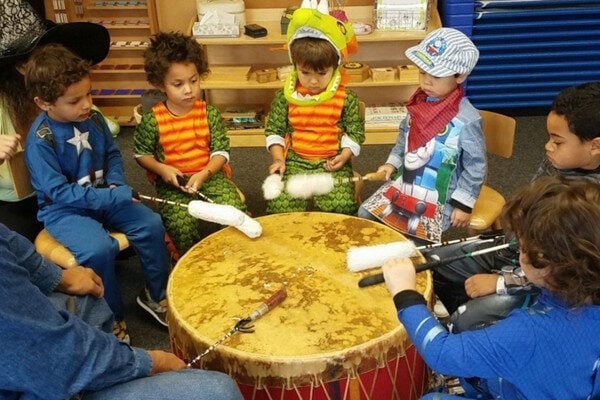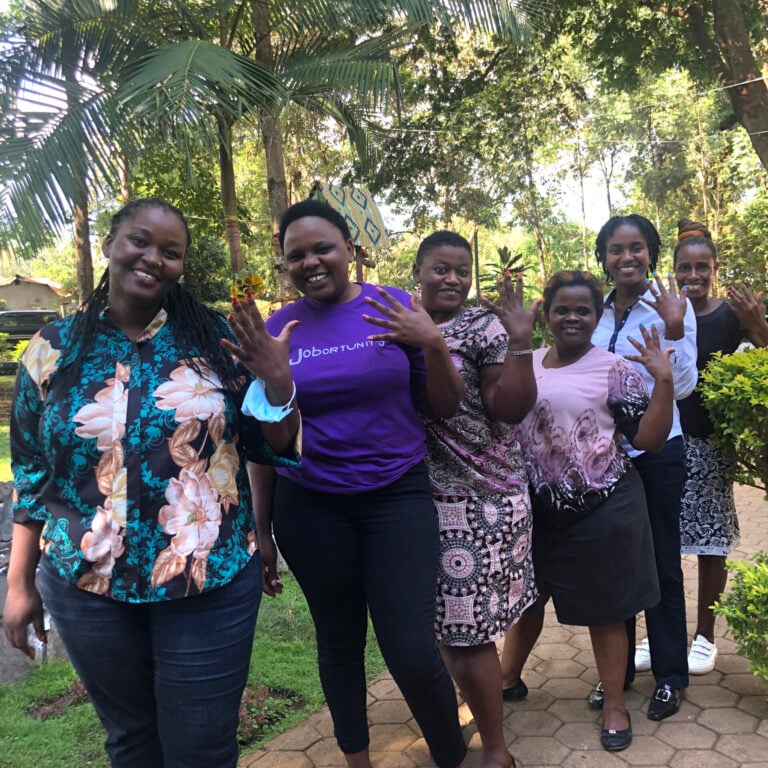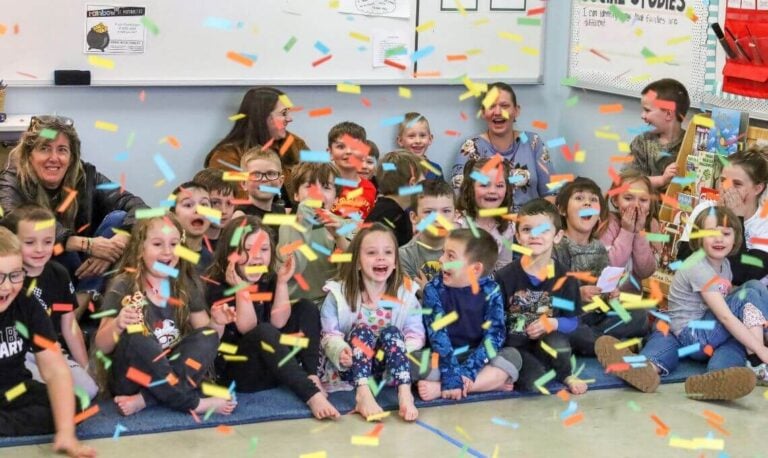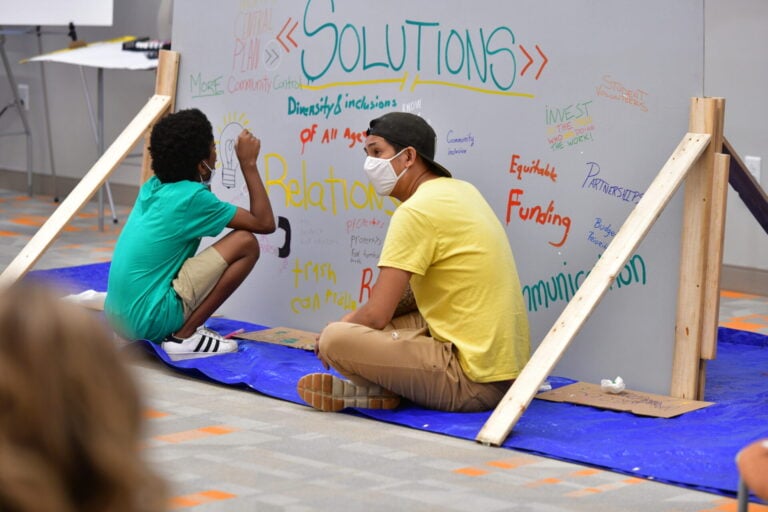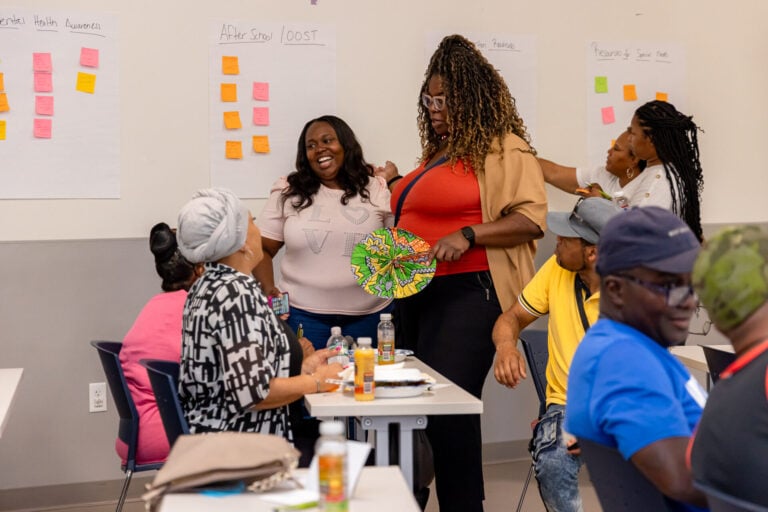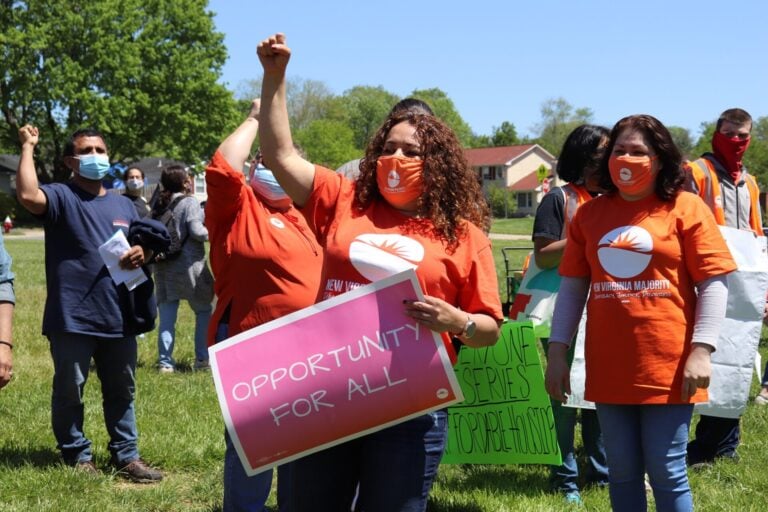We’ve been through it and we can tell them our experience,” Riko Jones, a grocery-store baker, says about the feedback she and other residents provide to Habitat for Humanity of Greater Memphis, the organization that helped her build and buy a home.
Riko Jones
When customers at the grocery-store bakery ask Riko Jones for a particular item they don’t see at the counter, like turnovers or coffee cakes, she says she’s proud she can keep baking to try to fulfill their requests.
Jones says she’s proud, too, of being able to give her own feedback and make her own requests, which she does through surveys, phone calls, and meetings organized by Habitat for Humanity of Greater Memphis, the nonprofit that helped her build and buy a home.
“They care about asking the homeowners what we think because we’re already living in our houses, we’ve been through it and we can tell them our experience,” Jones says.
We were so focused on social determinants of health, on solving problems, doing a lot of important work around evaluation, but we weren’t doing something equally important: asking people for a report card in a customer-service way.
Chris Reeder Young, Director of research and policy, Habitat for Humanity of Greater Memphis
Memphis Habitat has long been consistently surveying its clients, the people buying, building, or improving the places they call home. The organization tracks the number of people served and houses built, and measures how clients are faring around a number of metrics having to do with personal finances, health, home-life satisfaction, their children’s academic progress, and on and on.
But after many years of these kinds of outcomes-based surveys and measurements, Memphis Habitat’s leaders came to recognize what they weren’t measuring: “At no point were we asking, how good of a job are we doing?” says Chris Reeder Young, Habitat’s director of research and policy. “We were so focused on social determinants of health, on solving problems, doing a lot of important work around evaluation, but we weren’t doing something equally important: asking people for a report card in a customer-service way.”
This is what Listen4Good (L4G), a program that builds nonprofits’ capacity around systematically gathering and responding to client feedback, brought to the table.
“L4G opened us up to look at and work with our clients more holistically,” Reeder Young says, giving homeowners like Jones the opportunity to express their opinions about the organization’s programs and services, plus whatever else is on their mind.
Amanda Montgomery, who with her husband worked with Memphis Habitat to build and buy a home, responded to a survey with her concerns about neighborhood safety. In response, Memphis Habitat organized a series of community meetings and helped engage the local police.
“The surveys, the back-and-forth,“ Montgomery says, “I feel like we’re working together with them to make sure we can all be successful homeowners.”
Memphis Habitat‘s Aging in Place program offers free improvements and repairs meant to allow older residents to live in their homes longer, more safely, and more independently. One common improvement is to install door ramps. In the past, after installing a ramp, the organization would check that it met local building codes and regulations, and then immediately count the renovation as a success — another homeowner helped.

But Memphis Habitat learned through surveys that installation often wasn’t the end of the needed intervention. Homeowners might require occupational therapy to learn how to use the ramp or help planning for a new way to enter and exit their home. The organization, which used to offer just a list of resources and referrals, hired a social worker to identify and address residents’ needs regarding home improvements, living alone, and a host of other issues.
“Once we implemented the L4G surveys, we had hard evidence that we needed to hire an additional staff member,” Reeder Young says. “As a nonprofit you have to make a case for every single dollar, and so it was nice to be able to go to the board and say, we know it’s important in our hearts to hire a social worker, but guess what, we know we need to demonstrate more caution and care and deliver services that meet the needs.”
Memphis Habitat has also used client feedback to make a case for public funds to support a statewide aging in place initiative. L4G data and first-person stories from residents have demonstrated that small interventions, like grab bars and better lighting, can be the difference between older people being able to remain in their homes or having to move to an assisted living facility.
“If I’m talking to policymakers, lawmakers, I can say how we are a home repair and construction business or a mortgage lender and I can work with an economist to prove or disprove how good a job we’re doing,” Reeder Young says. “But to really get in and see how you’re doing, you have to talk to the humans you are serving and let them tell you.”
But after many years of these kinds of outcomes-based surveys and measurements, Memphis Habitat’s leaders came to recognize what they weren’t measuring: “At no point were we asking, how good of a job are we doing?” says Chris Reeder Young, Habitat’s director of research and policy. “We were so focused on social determinants of health, on solving problems, doing a lot of important work around evaluation, but we weren’t doing something equally important: asking people for a report card in a customer-service way.”
This is what Listen4Good (L4G), a program that builds nonprofits’ capacity around systematically gathering and responding to client feedback, brought to the table.
“L4G opened us up to look at and work with our clients more holistically,” Reeder Young says, giving homeowners like Jones the opportunity to express their opinions about the organization’s programs and services, plus whatever else is on their mind.

